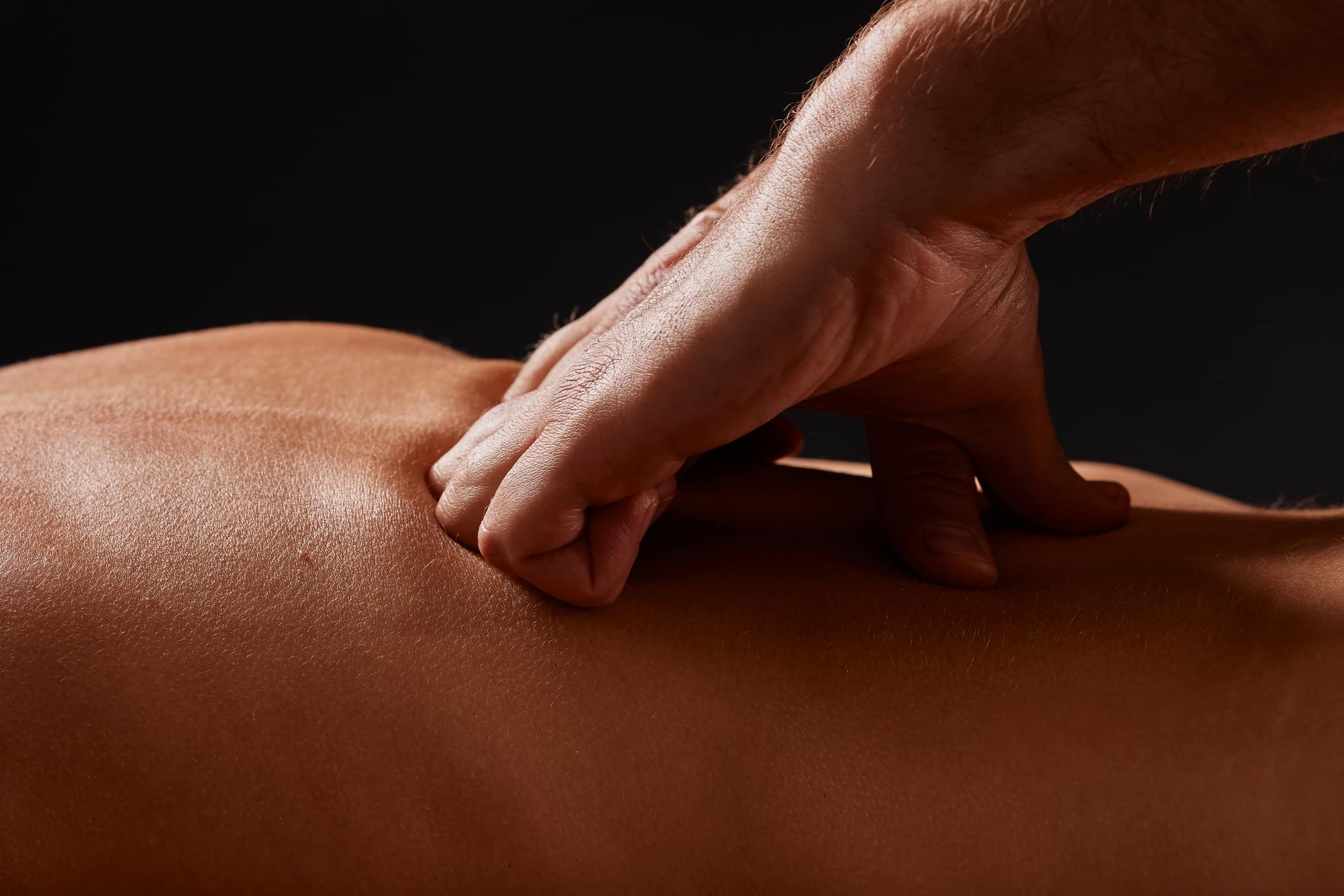The Role of Massage Therapy in Addiction Recovery
National Recovery Month: Massage Therapy In Addiction Recovery
Addiction recovery is an incredibly challenging and deeply personal journey. For those struggling with substance abuse and mental health issues, the process of healing involves more than just stopping the substance use; it requires comprehensive support for both the mind and body. One often overlooked but highly effective tool in this process is massage therapy. It can be a powerful aid in addiction recovery by promoting mental well-being, reducing withdrawal symptoms, and providing emotional and physical comfort during the healing process.
How Massage Therapy Supports Mental Health in Recovery
Addiction often stems from deeper psychological issues, such as anxiety, depression, or trauma. Substance use can temporarily dull these symptoms, but in recovery, the mental health issues that led to the addiction may resurface. This is where massage therapy can be beneficial.
Reducing Stress and Anxiety
The recovery process can be emotionally taxing, triggering stress and anxiety that may lead to cravings or relapse. Massage therapy helps to calm the nervous system, lower cortisol (the stress hormone), and increase the release of endorphins, the body's natural mood enhancers. As a result, clients often experience a greater sense of calm, reduced anxiety, and improved emotional stability.
Easing Depression
Massage therapy can also alleviate depression by stimulating the production of serotonin and dopamine, which are often depleted during addiction. Regular massage can help elevate mood, providing natural relief from depression symptoms and encouraging a more positive mental state throughout recovery.
Promoting Mind-Body Connection
Addiction can create a sense of disconnection from one’s own body. Massage therapy fosters a renewed awareness of the body, helping individuals reconnect with their physical selves. This mind-body connection is crucial in learning to manage cravings, emotions, and triggers.
Physical Benefits of Massage Therapy in Substance Abuse Recovery
Beyond mental health, the physical effects of addiction can also be profound. Depending on the substance, the body may endure extreme stress, and withdrawal symptoms can be intensely uncomfortable. Massage therapy offers a gentle, non-invasive way to relieve some of these physical challenges.
- Alleviating Withdrawal Symptoms: Many people in early recovery experience symptoms like muscle pain, tension, headaches, and insomnia. Massage therapy can provide relief from these symptoms by relaxing tense muscles, improving circulation, and easing physical discomfort. Regular massages can also promote better sleep, a key factor in successful recovery.
- Detoxification Support: Massage stimulates the lymphatic system, which helps remove toxins from the body. This detoxification process is crucial during recovery, as the body works to eliminate the harmful substances that were previously consumed. Massage can also improve blood flow and circulation, promoting the overall health of the body as it heals from addiction.
- Pain Relief Without Medication: For many recovering from substance abuse, managing pain without the use of medication is critical to avoiding relapse. Massage therapy offers a natural, non-addictive solution to chronic pain, making it an ideal option for individuals who cannot or do not want to rely on prescription drugs.
Emotional Healing and Self-Care
Massage therapy can play an important role in emotional healing and establishing self-care routines that are vital for long-term recovery success.
- Creating Positive Associations: During addiction, the brain creates negative associations with certain behaviors and substances. Massage therapy can help create positive associations with self-care, relaxation, and well-being. This is a significant step toward replacing destructive habits with healthy ones.
- Building Trust and Emotional Safety: Recovery can leave individuals feeling vulnerable, and they may have difficulty trusting others. Massage therapy, when delivered by a compassionate and skilled therapist, offers a safe and nurturing environment. The therapist-client relationship can build a sense of trust and help individuals feel cared for, which can be immensely healing.
- Encouraging Mindful Living: Massage encourages mindfulness—an awareness of the present moment without judgment. Practicing mindfulness can help those in recovery become more aware of their emotions, cravings, and triggers, making it easier to manage them. By focusing on the present and learning to tune into the body’s needs, massage therapy promotes mindful living that supports long-term sobriety.
A Complementary Treatment in Addiction Recovery
Massage therapy should be seen as part of a holistic treatment plan for addiction recovery. While it is not a cure for addiction, it can be an effective complementary therapy that addresses both the mental and physical aspects of recovery. By reducing stress, easing withdrawal symptoms, promoting emotional healing, and fostering a positive mind-body connection, massage therapy can support individuals as they rebuild their lives and work toward lasting sobriety.
If you or someone you know is going through addiction recovery, consider incorporating massage therapy into the treatment plan to enhance overall well-being and support the journey to recovery. Learn more about the massage offerings with MassageLuXe here.






